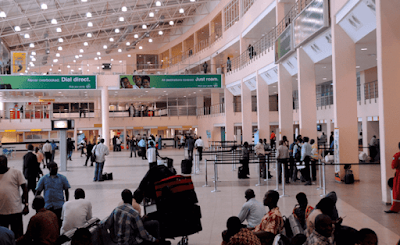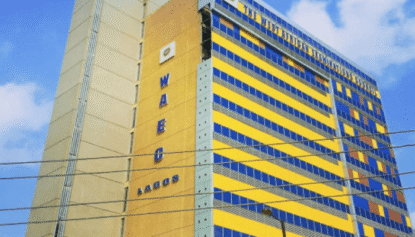Saudi Arabia has suspended the issuance of blockwork visas to Nigeria and six other African nations.
This temporary halt, confirmed by the Kingdom’s Ministry of Human Resources and Social Development, affects both new applications and previously approved quotas.
The suspension applies not only to Nigeria but also to citizens of Egypt, Algeria, Sudan, Ethiopia, Tunisia, and Morocco.
In total, 14 countries are affected, including non-African nations such as Indonesia, India, Pakistan, Jordan, Yemen, Bangladesh, and Iraq.
Blockwork visas allow companies in Saudi Arabia to bring in a set number of foreign workers.
Once a quota is approved, the business can sponsor selected candidates for temporary employment.
However, with this freeze in place, employers will no longer receive new quota approvals if the applicants are from any of the listed countries.

According to the ministry, “Under the restrictions, no new block visa quota would be issued by employers targeting the affected African countries, while delays are expected in processing previously approved quotas.”
The decision will remain effective until the end of June 2025, aligning with the conclusion of the Hajj season.
This timing suggests the move may be connected to the country’s internal labor plans.
While no specific reason has been officially stated, the suspension aligns closely with the country’s growing Saudization efforts.
These policies are meant to increase employment opportunities for Saudi citizens, especially in sectors like tourism and services.
From 2026 to 2028, Saudi Arabia is expected to raise its local hiring targets, further limiting space for foreign workers.
For many Nigerians and citizens of other affected nations, this decision is deeply disappointing.
It blocks access to one of the few international employment pipelines available, especially for those seeking opportunities in Saudi Arabia’s expanding job market.
Moreover, companies in Saudi Arabia that depend on skilled and unskilled labor from Africa will face delays and disruptions.
This could affect sectors like construction, maintenance, and hospitality, where foreign workers make up a significant portion of the workforce.
Many had already submitted applications or planned to migrate through the blockwork visa route, with this new policy in place, their productivity and personal ambitions could face major setbacks.












